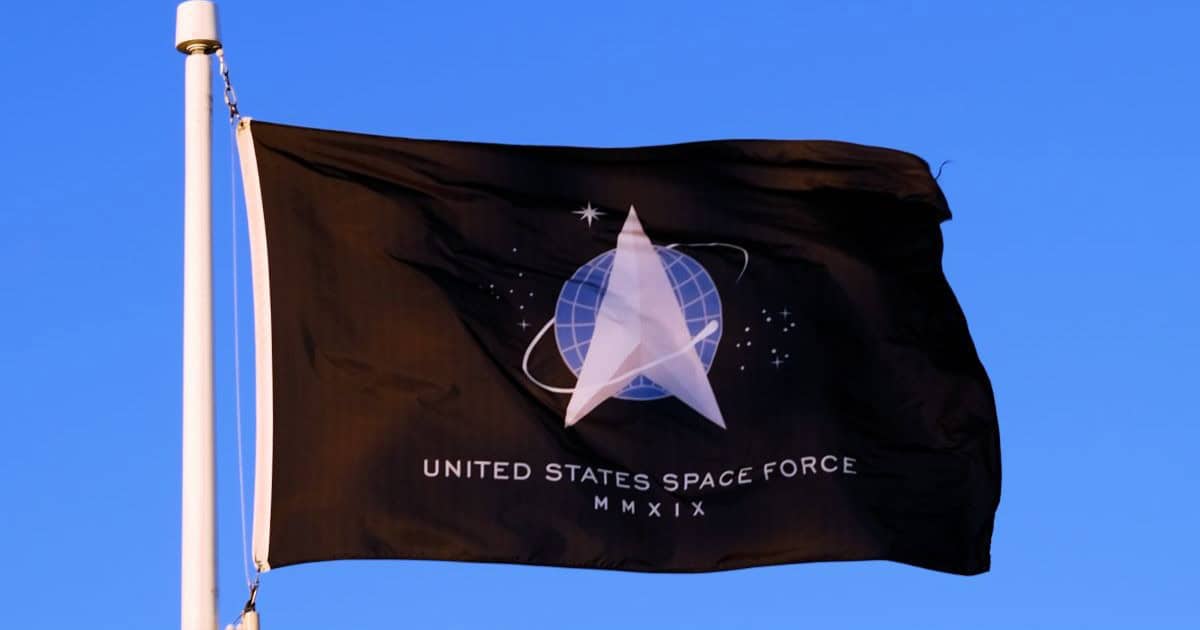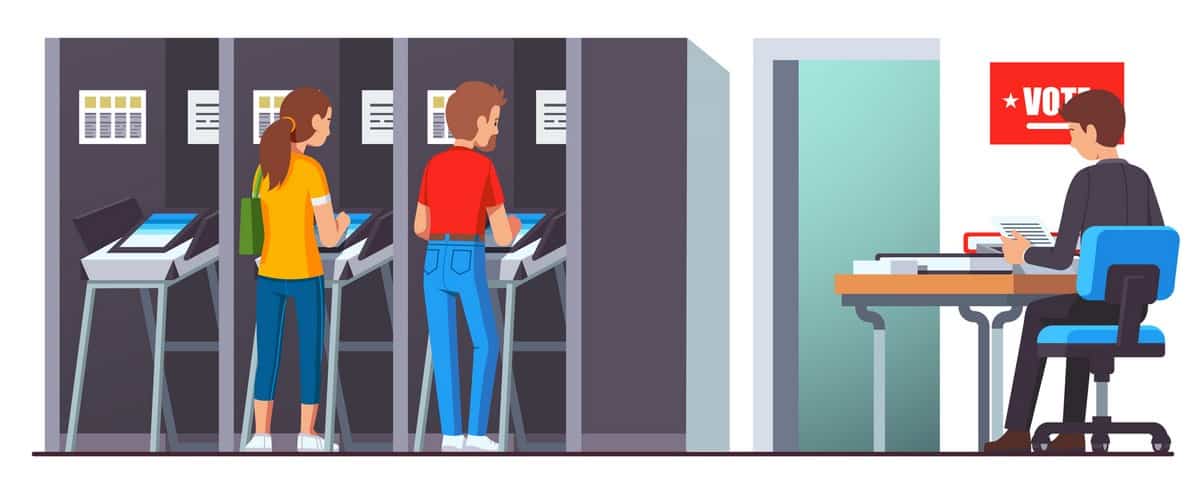The irony was not lost on her. Growing up the daughter of a family obsessed with car racing, Danielle Walsh had become — in her late 20s — the head of HSBC’s ‘Future Cities’ project, the global banking giant’s effort to serve clients’ climate change mandates.
It was 2018, and she was reporting both into the banks’ technology M&A and also its Chief Data Officer.
“After a year and a half of living on a plane and talking to clients, I realized that the world would need to spend trillions annually just to get to the ‘net zero’ climate goals that had been set in road transportation alone,” Walsh recalled. She realized this was an opportunity, and launched her startup to tackle the issue in 2021.
Fast-forward to today, as the founder and CEO of her startup Clearly, Walsh (pictured above, center, with her two investors) has now closed a Seed round of $4.3 million to bolster its flagship product: an AI-driven ‘climate intelligence’ platform aimed at transport fleet operators. The platform, claims Walsh, is granular enough to know when to alert a driver to pump up a vehicle’s tires in order to achieve the optimum climate-friendly performance.
The funding round has been led by Pace Ventures and Nine Realms, and also saw participation from existing mobility investors Mobilion, Next Gear and M1720 alongside angels including Lord Nash and Margaux Primat.
The problem Clearly is addressing may seem obvious, but the devil is in the details. Although we are all aware of trucks and delivery cars on our streets, and sometimes of how much exhaust they belch out, decarbonizing the underlying both the transportation fleet and the supply chains is a vast and costly conundrum.
The transport sector accounts for 25% of global emissions, thus holding one of the largest keys to unlocking a reduction of CO2 in the atmosphere. It will cost an estimated $1.75 trillion to decarbonize the sector, and that means changing vehicles, upgrading energy grids, and more. Meanwhile, transportation emissions are projected to increase by 60% by 2050, according to the International Energy Agency.
Founded in 2021, Clearly is looking to solve one part of that puzzle. Its platform — based on anonymized data provided by its customers, which are logistics operators, fleet owners, and other transportation supply chain participants — includes diagnostics on vehicle movement and performance, GPS, tracking, IoT data, load weight, and more. Based on this, the resulting dashboard then provides various emission-related insights for fleet managers, as well as alerts, delivered through an app, for drivers, intended to ‘nudge’ their behavior. (These might include instructions such as “Try to drive more slowly.”) The platform now tracks over 100 million trips from clients.
The aim is to help operators save money while ensuring they meet emission regulations and targets, which are now written into legal compliance in many countries.
The company’s current blue-chip clients include Webfleet, Bridgestone’s fleet management solution.
Walsh says Clearly’s data was able to show that as much as 30% of fuel consumption is influenced by driving behavior alone, hence the importance of showing a driver data on how to improve their performance.
“This space is expanding rapidly and we were impressed by the significant demand from large corporates and the financing sector for Clearly’s product,” said Marius Swart, a partner at Pace Ventures, in a statement. “We see the need for data-driven procurement and AI-enabled operational decision-making broadening at a fast pace.”
That said, Clearly faces large incumbents. These tend to be large telematics providers, and that poses a challenge, in Walsh’s opinion: they may have data, but they have struggled to create platforms that fleet operators can apply practically.
“They track vehicles, tire pressure, and driver behavior, but they don’t know how to layer on that additional data,” she told TechCrunch. While she admits any company that’s looking at operational efficiency or fleet management “could expand their product into our area,” she says they’d require a new technology stack that goes beyond that.
“If I take 1% of the market, I can make a billion in revenue,” she said. “I would welcome additional players. It’s a very big market.”
So what would she say to her car-racing-enthusiast family, now that she’s turned from a gearhead into a ‘climatehead’?
“Well, I just raised $4 million… How about that?”, jokes Walsh.







